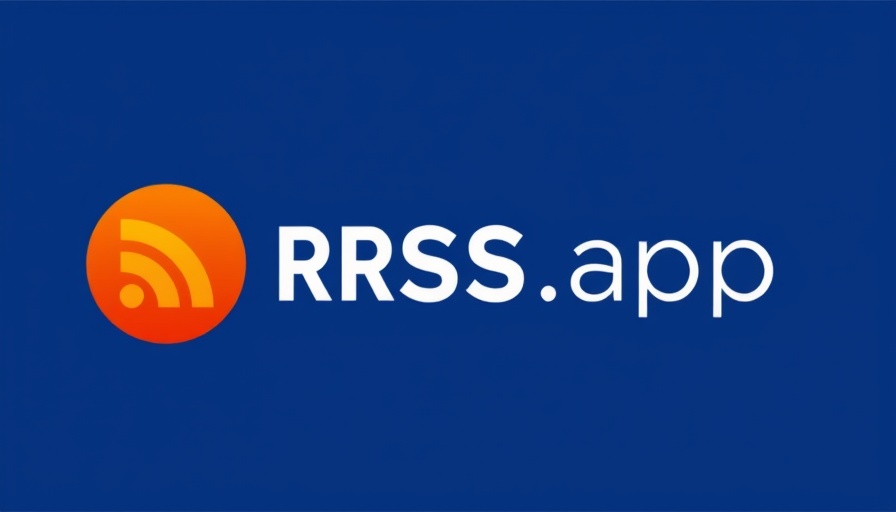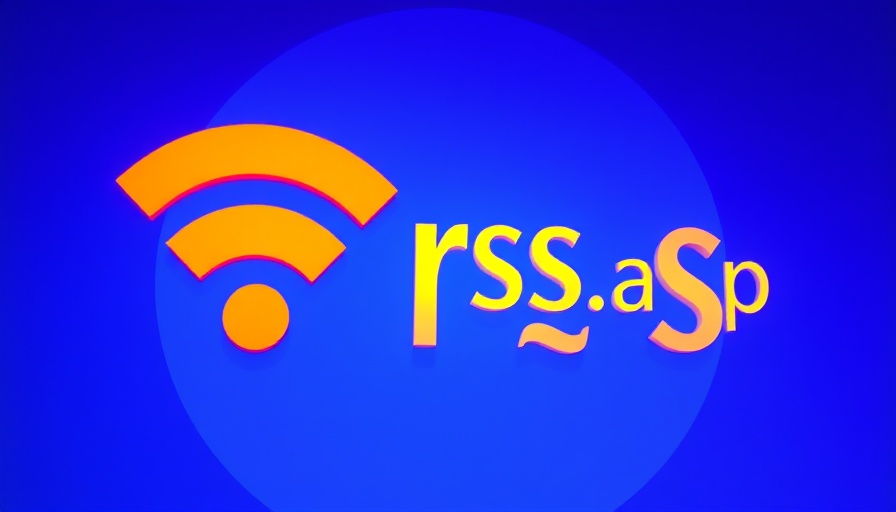
Keeping Watch: Measles Cases on the Rise in Georgia
Health officials in Georgia are on heightened alert as reports of measles trickle in from various regions, including one confirmed case in metro Atlanta. This resurgent health concern arises amid reports of outbreaks across the United States, calling attention to the importance of vaccinations and community health.
The Contagious Nature of Measles
Measles is known for its high contagiousness, spreading through respiratory droplets when an infected person coughs or sneezes. The situation in Georgia mirrors national trends where a significant outbreak in Texas recently contributed to one death and over 50 infections, highlighting vulnerability in communities where vaccination rates are low.
The Importance of Vaccination
The Georgia Department of Public Health emphasizes the efficacy of the MMR (measles, mumps, rubella) vaccine, which is recommended for children at 12-15 months and again at ages 4-6. Uptake of this vaccine has repeatedly proven effective, with over 95% immunity observed in those who receive at least one dose. Despite this, communities with rising vaccine hesitancy are concerning health officials, as they see increased risks of outbreaks due to lower herd immunity.
Current Measles Statistics and Responses
As of early 2025, Georgia has reported its first measles case of the year and had six reported cases in 2024. Public health officials are actively tracing contacts to mitigate further spread and have reached out to more than 300 potentially exposed individuals. Health professionals encourage the public to stay informed and maintain vaccination schedules, as measles is not only a highly contagious virus but also poses serious health risks. Symptoms, which can appear 7-14 days post-exposure, include high fever, cough, runny nose, and a characteristic rash.
Public Insights on Vaccine Hesitancy
Pediatricians like Dr. Roy Benaroch have noted a discomforting rise in skepticism surrounding vaccinations. Conversations with parents reveal fears and misinformation, particularly heightened around the time of the COVID-19 pandemic. These discussions underscore the need for clear, factual information on vaccine safety and necessity, as public health relies heavily on community consent and participation.
The Long-Term Impact of Measles Infections
Measles can result in a range of severe health complications, including hospitalization and, in rare cases, the fatal degenerative brain condition known as subacute sclerosing panencephalitis (SSPE). The societal impact is profound; an infected child may face weaker immunity to other diseases for years following recovery. Thus, the importance of vaccination extends beyond individual protection—it protects communities and promotes public health stability.
Looking Ahead: Preventative Strategies
As we advance through 2025, public health officials are committed to proactive surveillance and education strategies. It will be crucial for communities to foster vaccine confidence and to ensure equitable access to vaccination services. Policymakers and educators are called to address the anxieties surrounding vaccination through transparent communication and community outreach.
In summary, as measles cases resurface in Georgia, the need for vigilance and educational efforts regarding vaccination is more critical than ever. Engaging in informed discussions and participating in vaccination programs is fundamental in battling these outbreaks effectively.
 Add Row
Add Row  Add
Add 




Write A Comment